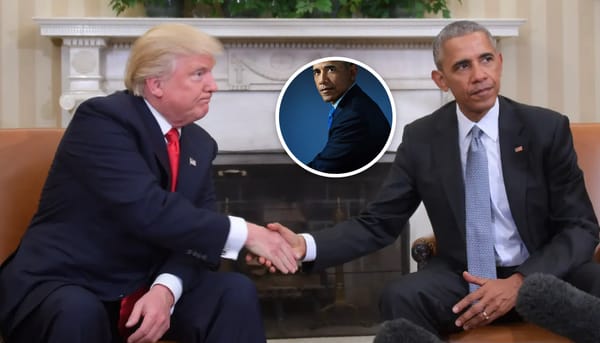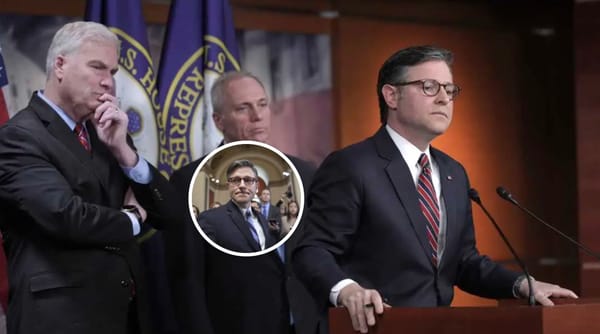Conservative Supreme Court Justices Signal Major Win For Trump On Nationwide Injunctions While Liberal Justice Accuses President Of Violating Four Precedents
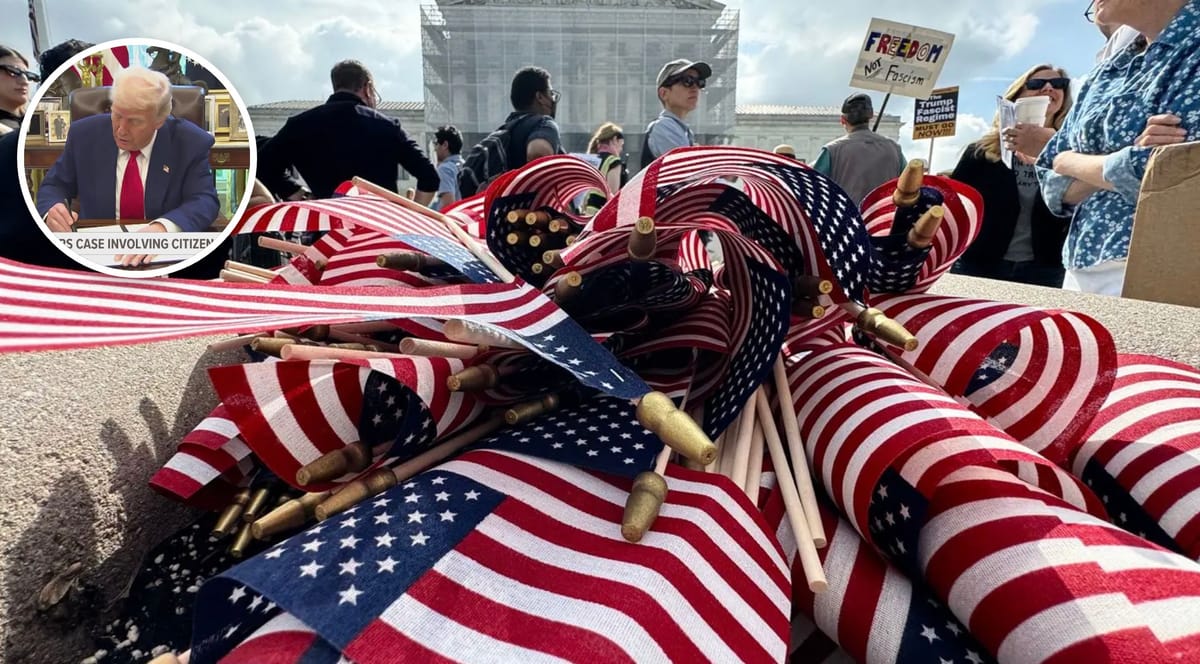
The Supreme Court appears poised to hand President Trump a significant victory on nationwide injunctions that have repeatedly blocked his agenda.
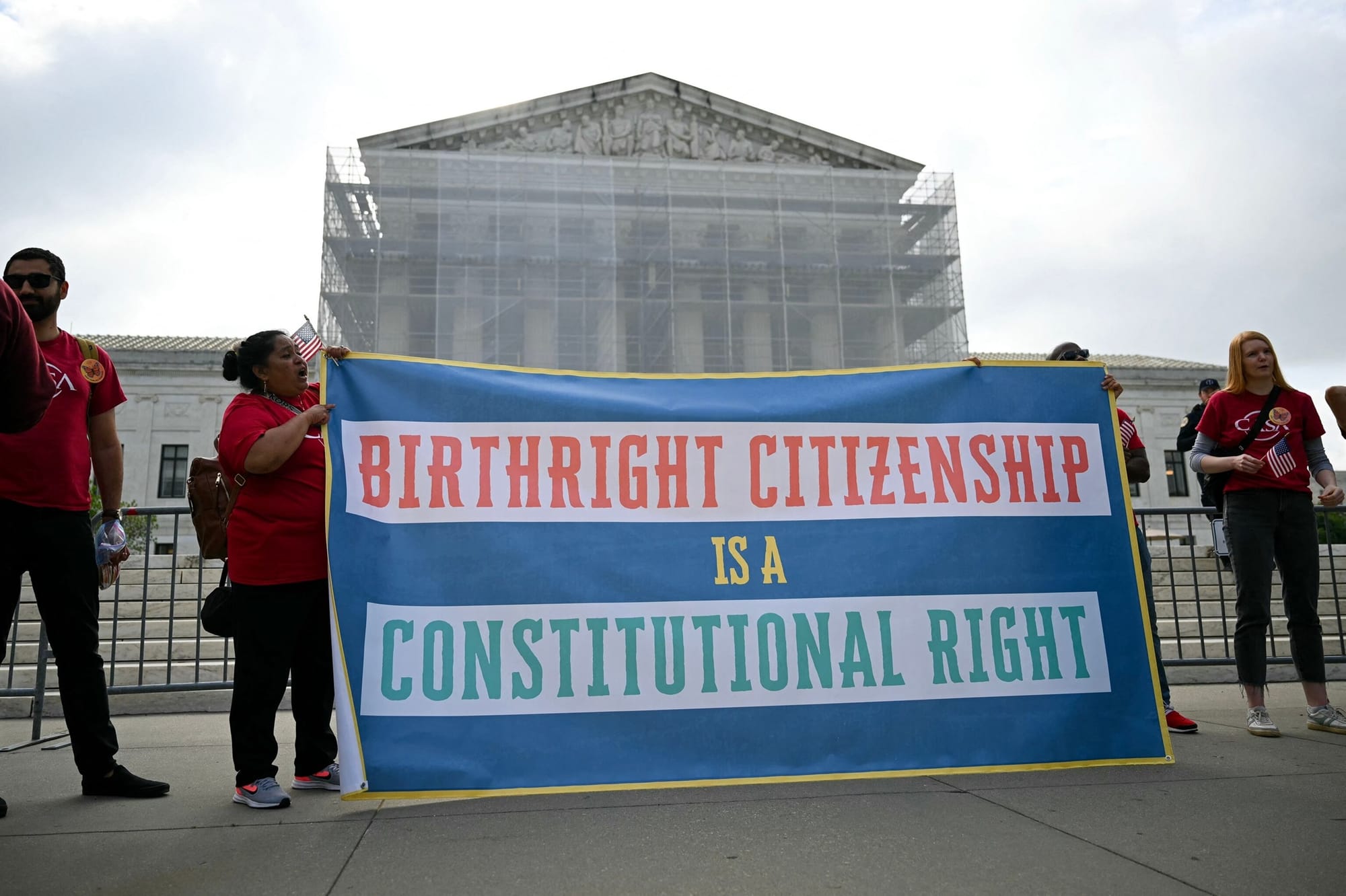
Justices Question Lower Courts' Power to Block Presidential Actions
During Thursday's intense two-hour argument session, conservative justices expressed deep skepticism about the practice of single federal judges issuing nationwide injunctions that can paralyze presidential policies.
Justice Clarence Thomas pointedly noted the historical rarity of such sweeping judicial actions, asking, "So we survived until the 1960s without universal injunctions?"
The case centers on Trump's executive order limiting birthright citizenship for children born to non-citizens in the United States - a policy quickly blocked by lower courts.
But the Supreme Court's focus wasn't primarily on the citizenship question itself. Instead, the justices zeroed in on whether lower courts have overstepped their authority by repeatedly issuing nationwide blocks against presidential actions.
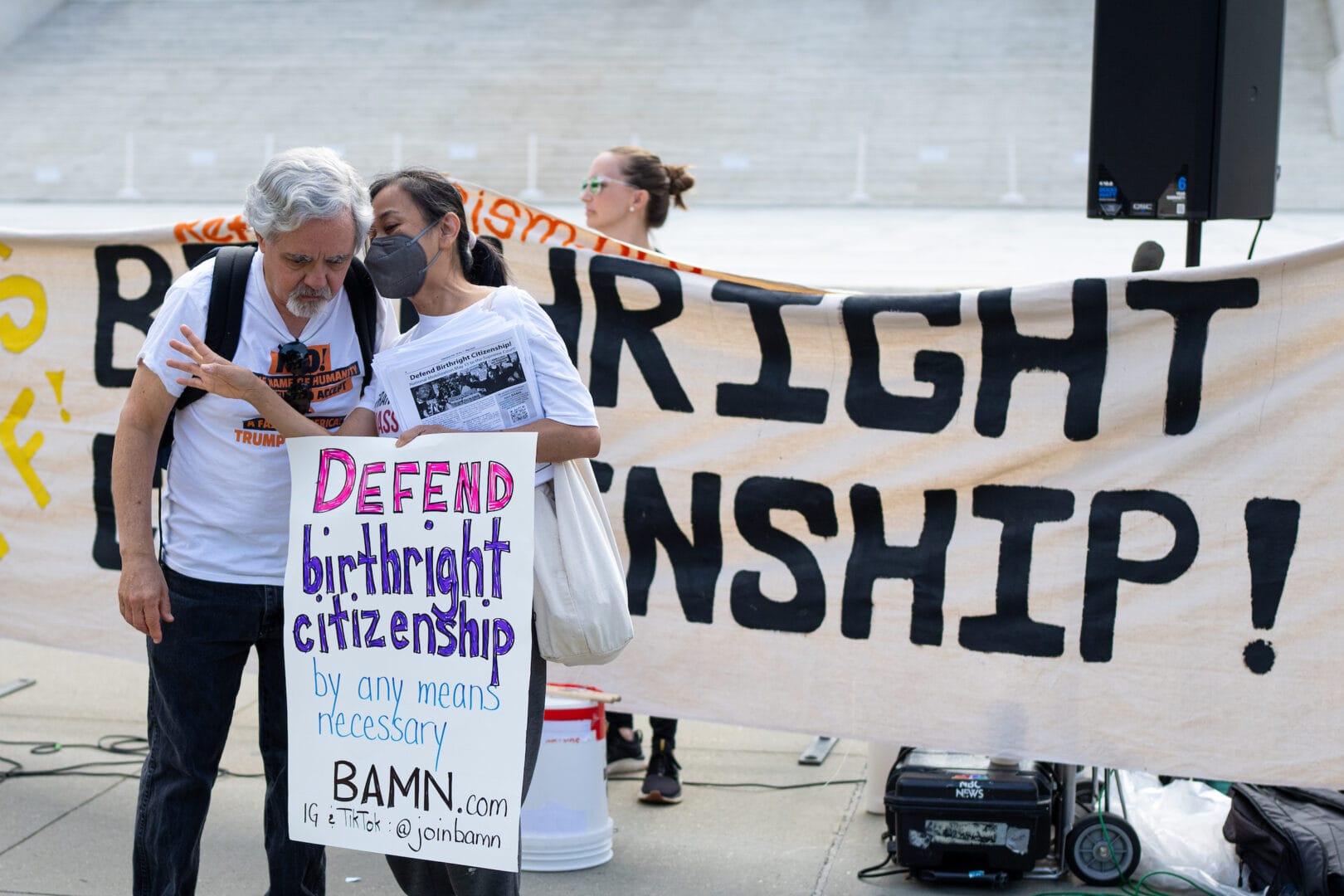
Alternative Paths to Challenge Presidential Orders
Justice Brett Kavanaugh, often a swing vote, suggested challengers could use class-action lawsuits rather than seeking nationwide injunctions - a technical distinction that could fundamentally reshape how presidential policies are contested.
"We care about the technicalities," Kavanaugh emphasized during the arguments.
Justice Samuel Alito went further, characterizing the tendency of judges to issue sweeping nationwide orders as "an occupational disease, which is the disease of thinking that 'I am right and I can do whatever I want.'"
The implications extend far beyond this single case. If the court limits nationwide injunctions, future presidential policies would face fewer judicial roadblocks - a significant victory for executive power.
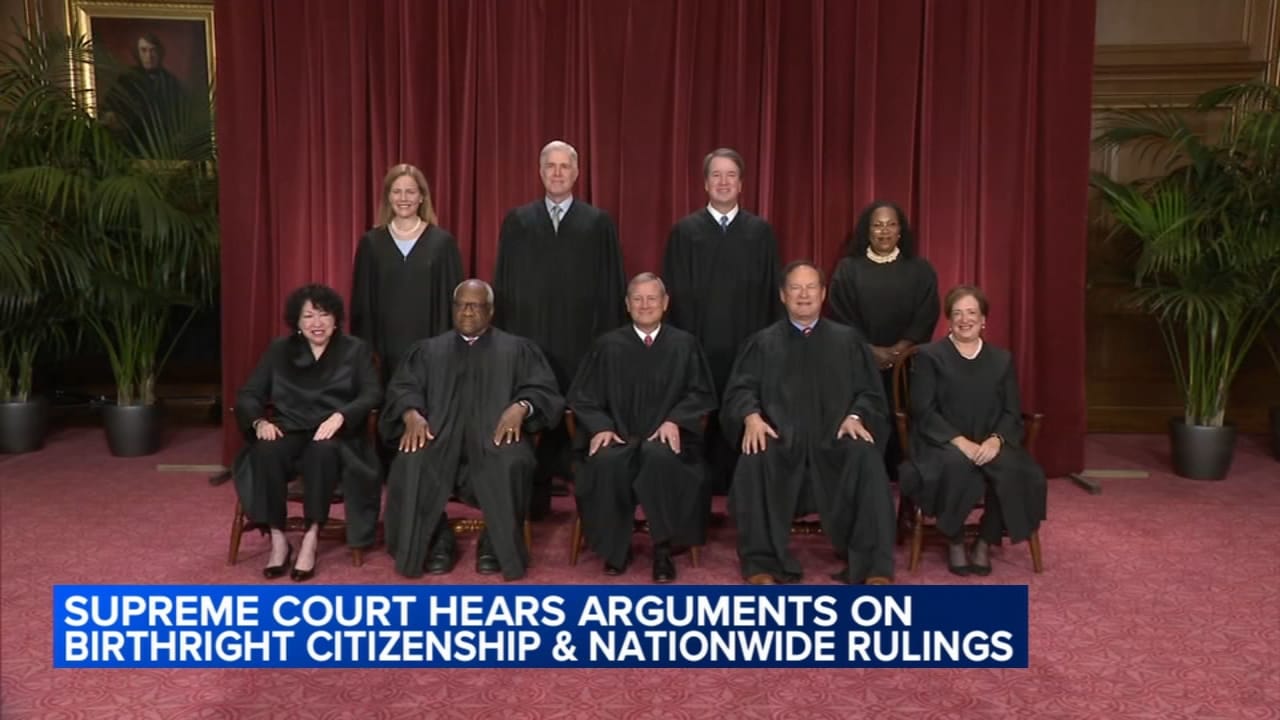
Liberal Justices Push Back Forcefully
The court's liberal wing mounted a passionate defense of nationwide injunctions, framing them as necessary protections against potentially unconstitutional executive actions.
Justice Sonia Sotomayor delivered the most direct challenge to Trump's birthright citizenship order, declaring: "The president is violating not just one, but in my count, four established Supreme Court precedents."
"Let's just assume you're dead wrong," Justice Elena Kagan told the government's lawyer. "Does every single person that is affected by this EO have to bring their own suit?"
Justice Ketanji Brown Jackson warned that limiting nationwide injunctions could create a "'catch me if you can' kind of regime" where "everybody has to have a lawyer and file a lawsuit in order for the government to stop violating people's rights."
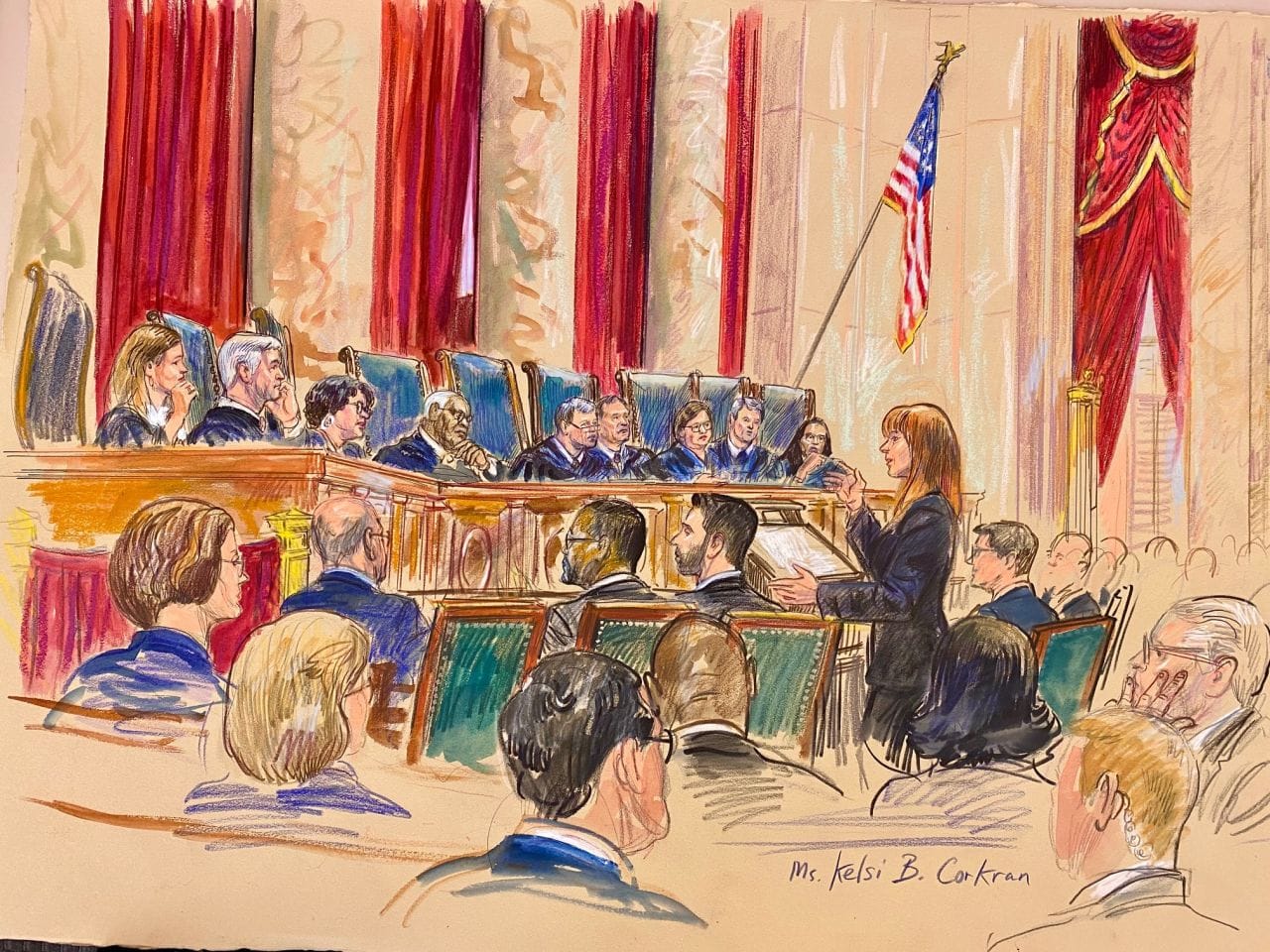
Barrett Emerges as Potential Swing Vote
Justice Amy Coney Barrett, a Trump appointee who has occasionally sided with liberals, pressed hard on both sides of the argument.
She pushed Solicitor General D. John Sauer to admit the administration's legal arguments defending Trump's order were "novel" and "sensitive."
"So this one isn't clear cut on the merits?" Barrett asked pointedly.
Barrett also questioned why the administration would accept class-action judgments while opposing nationwide injunctions - suggesting some inconsistency in the government's position.
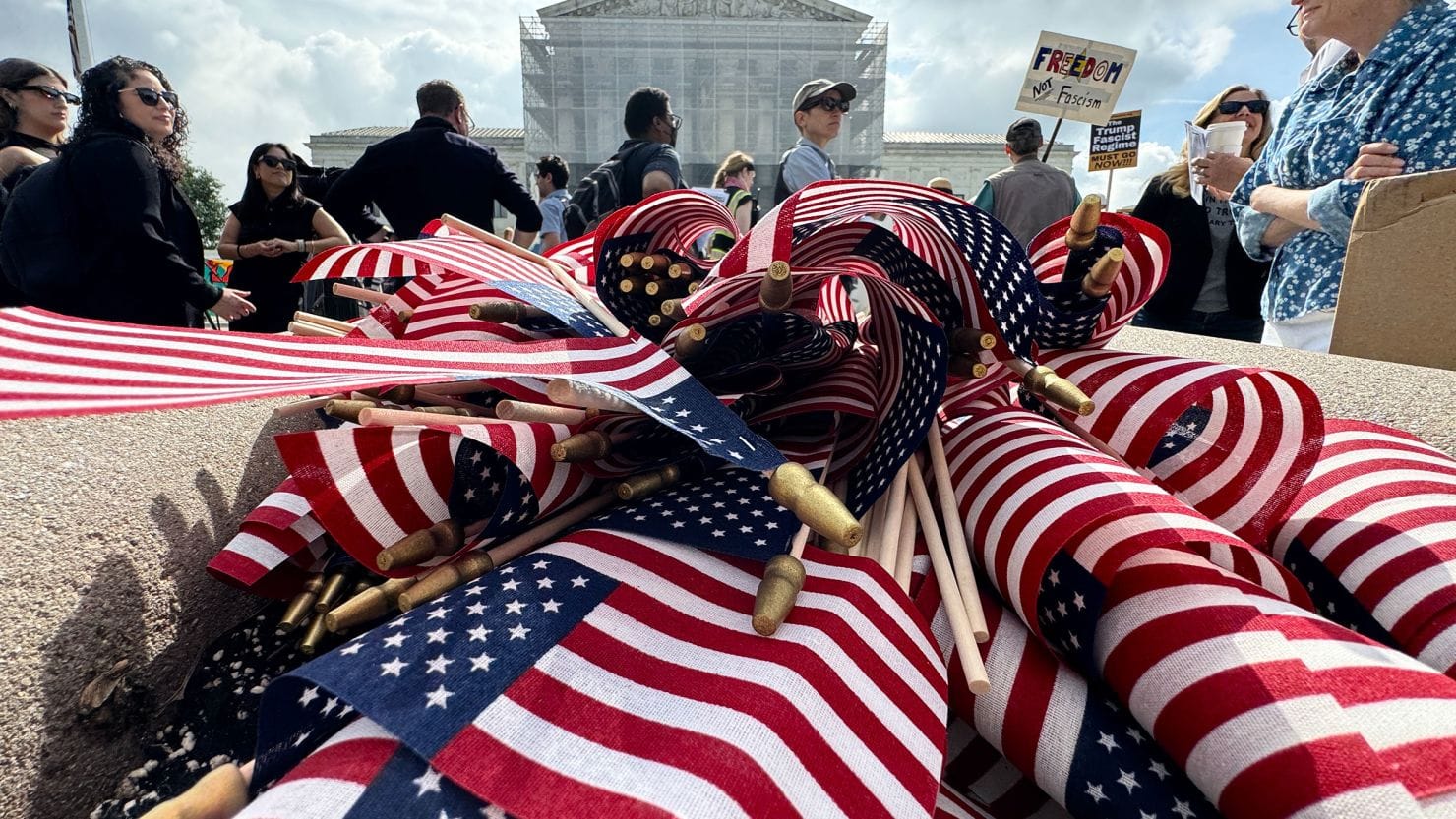
The Likely Outcome: A Major Win for Presidential Power
Despite the liberal justices' forceful arguments, the court's 6-3 conservative majority appears likely to significantly curtail nationwide injunctions - representing a major victory for Trump and future presidents.
The court could issue a narrow ruling focused on procedural requirements for blocking presidential actions, potentially requiring class-action certifications or other higher legal hurdles before judges can issue sweeping orders.
Such a decision would fundamentally reshape the balance of power between the judiciary and the executive branch, making it substantially harder for opponents to quickly halt presidential policies they view as unlawful.
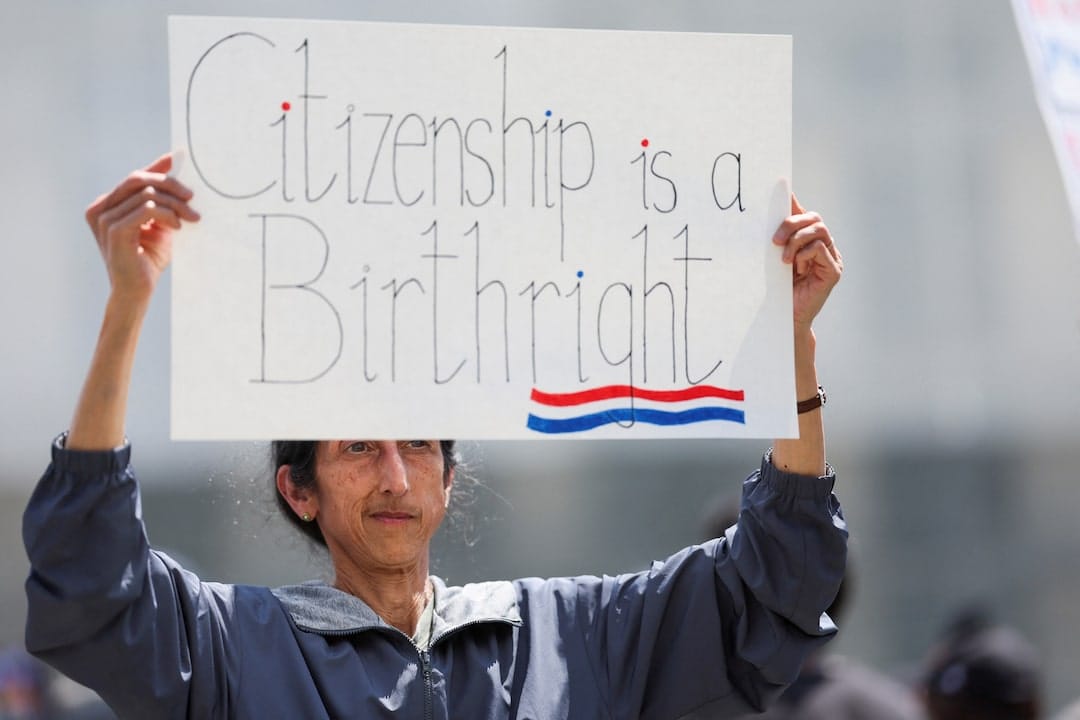
The court is not expected to rule on the actual constitutionality of Trump's birthright citizenship order in this case - focusing instead on the procedural question of nationwide injunctions.
A decision is expected by the end of June, when the court concludes its current term, potentially clearing the way for Trump to implement numerous previously-blocked policies during his second term.
